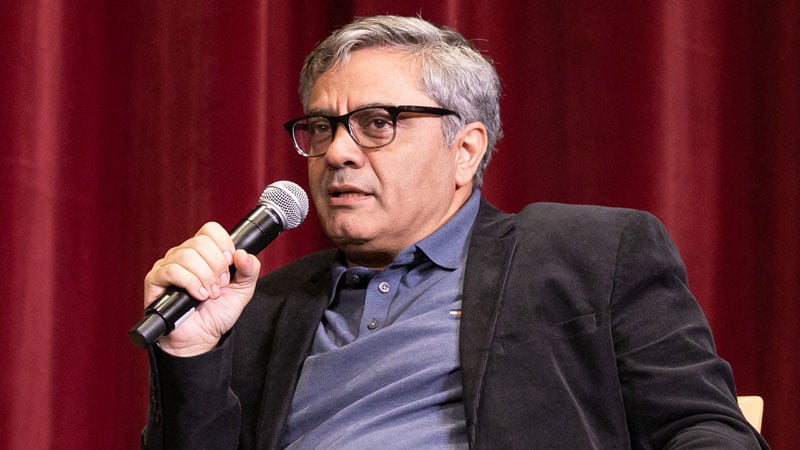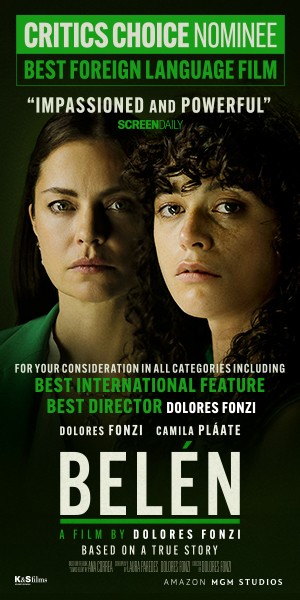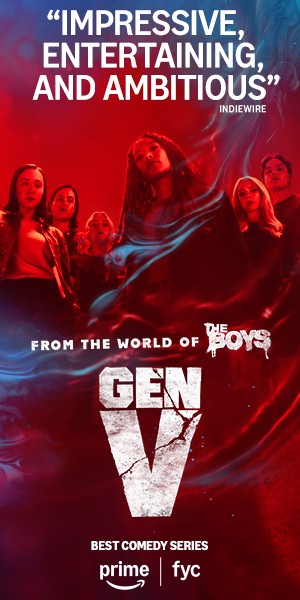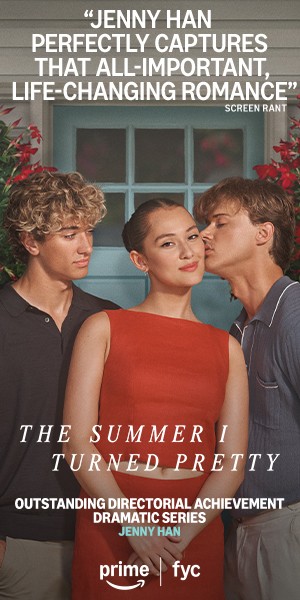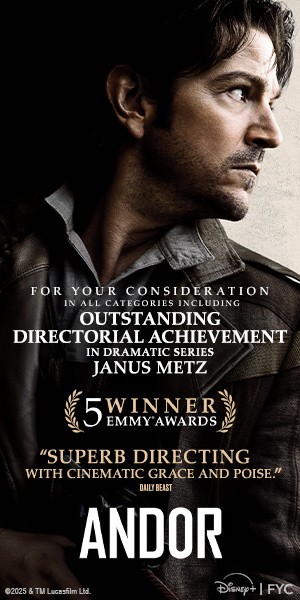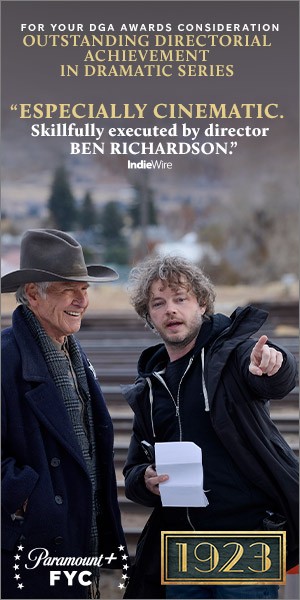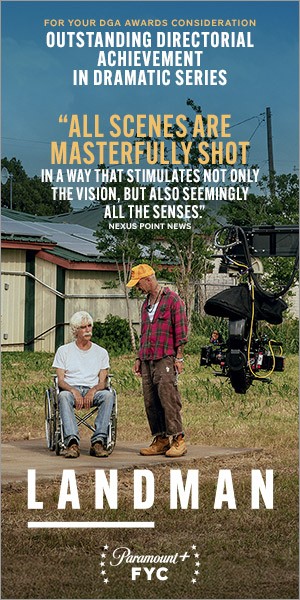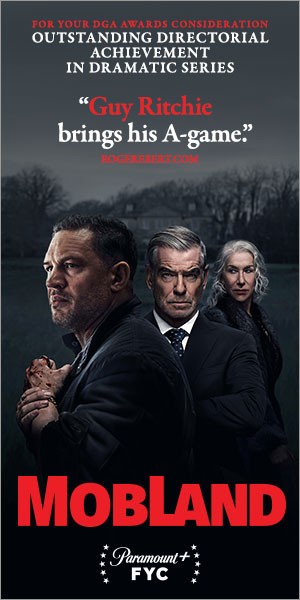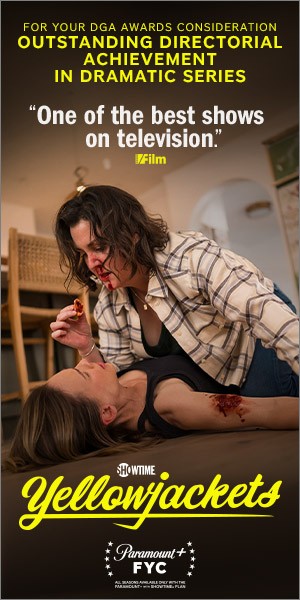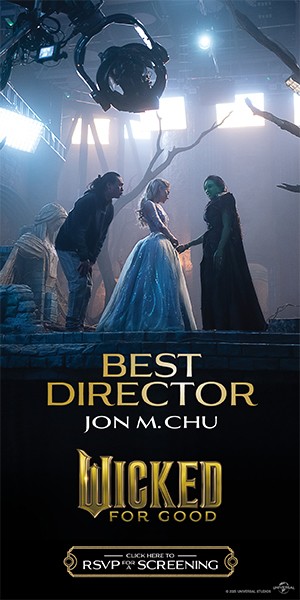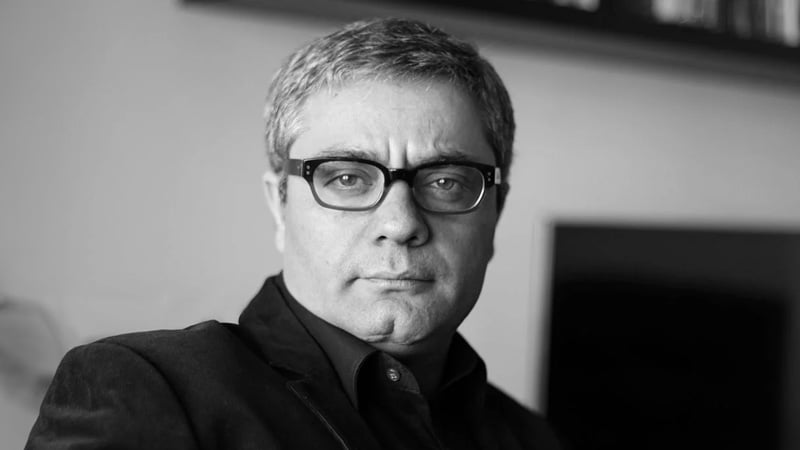Q&A photos by Marcie Revens — Print Courtesy of NEON

A devout and honest lawyer finds himself and his family thrust into the public eye when he is appointed as an investigating judge in the Revolutionary Court in Tehran. As political unrest erupts in the streets, he realizes that his job is even more dangerous than expected, making him increasingly paranoid and distrustful, even of his own wife and daughters.
Shot entirely in secret, Director Mohammad Rasoulof’s The Seed of the Sacred Fig (Danaye anjir-e moabad) is a fictional narrative combined with real images of the protests that were violently suppressed by the Iranian authorities. While shooting the film, he was sentenced to eight years in prison before successfully fleeing to Germany. The film earned Rasoulof the Jury Special Prize and the Fipresci Award at the 2024 Cannes Film Festival where it was nominated for the Palme d'Or. It is Germany’s official submission for Best International Feature Film at the 97th Academy Awards.
After the Eastern Region Special Projects Committee Global Cinema Series screening in New York on September 30, Rasoulof discussed the making of the film during a Q&A moderated by Director Ramin Bahrani (The White Tiger).
During the conversation, with the assistance of translator Dr. Sheida Dayani, he revealed how the mixing of styles in the film was born out of the unusual circumstances behind its production.
“I realized that the metaphorical language I had in my earliest films was a product of my fear of the government and almost self-censorship. I decided that I no longer wanted to be subject to that fear that forces me to use a metaphorical and an allegorical language and I want to be straightforward in my films. After I realized that it is no longer fear that is forming my language, I wanted to find a middle ground between reality and allegory or metaphor. Because this film was made clandestinely, I was always at a certain distance. I wasn't really on set. It depended on how much we thought we were in danger. It felt like being in surgery and operating with without entering a patient's body. Because I thought I was going to have to serve those eight years before finishing this film, I always had a sense of, ‘I'm going to do whatever I please with this film,’ so it gave me a sense of freedom. And this need for freedom and emancipation even liberated me from my commitments to cinematic form so I got rid of anything that was holding me within and I was able to do what I pleased.”
Rasoulof’s other directorial credits include the feature films There Is No Evil, A Man of Integrity, Manuscripts Don't Burn and The White Meadows.
